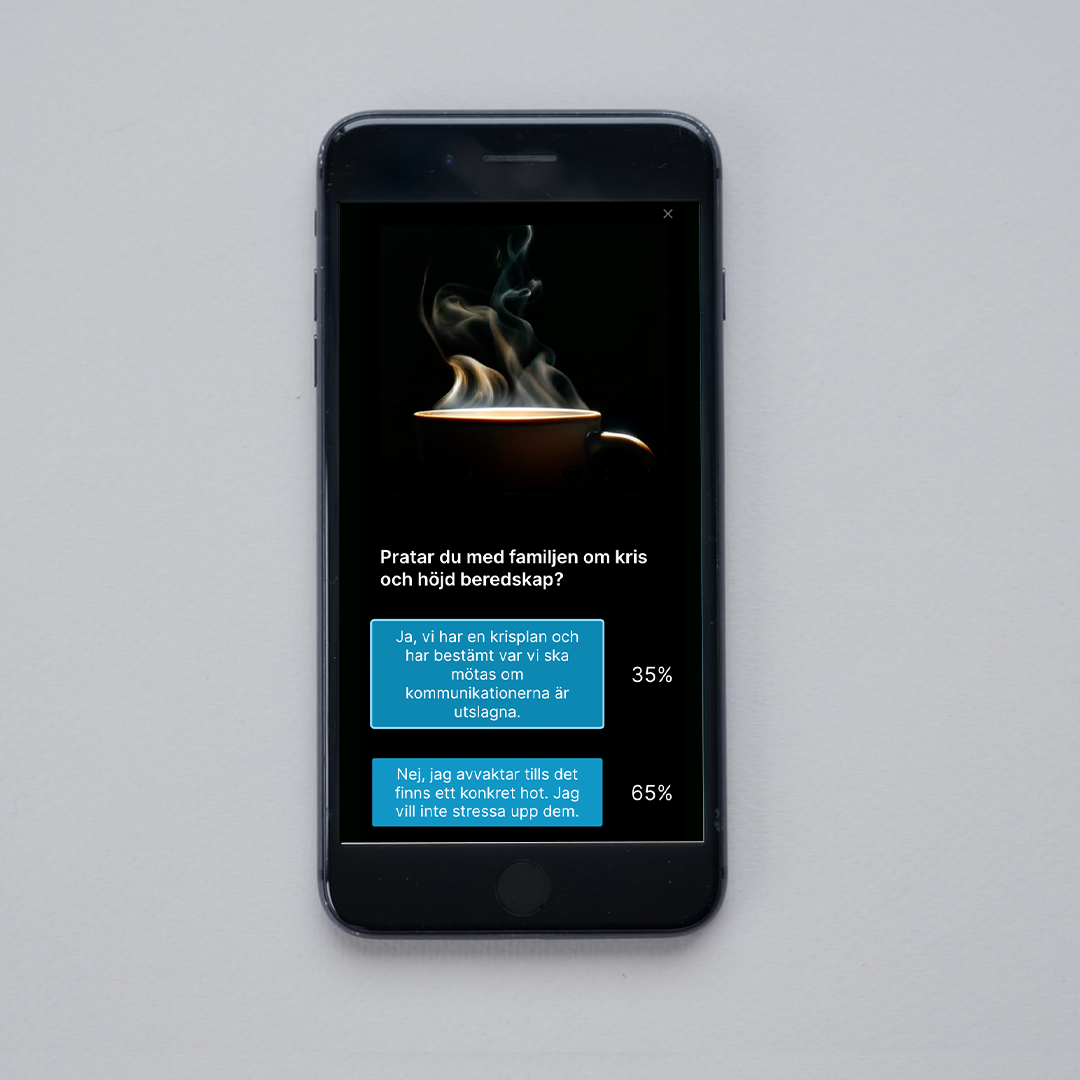Scenario-Based Learning
We learn best when we’re allowed to try, reflect and see the consequences of our choices. Scenario-based learning places the participant in realistic situations where they make decisions and handle challenges.
Strengths:
✦ Builds confidence by allowing participants to practise decision-making in complex situations.
✦ Makes learning practical and directly applicable by linking knowledge to real tasks.
✦ Enhances critical thinking by encouraging analysis, prioritisation and conclusions based on real-world scenarios.
Things to consider:
🔍 The cognitive apprenticeship model shows that authentic scenarios lead to deeper, longer-lasting learning than hypothetical examples.
🔍 The scenario open-ended enough to require the participant to think for themselves?
🔍 Is the level of challenge appropriate – not too easy, not too complex?
🔍 Is there enough feedback for participants to understand the consequences of their decisions?



